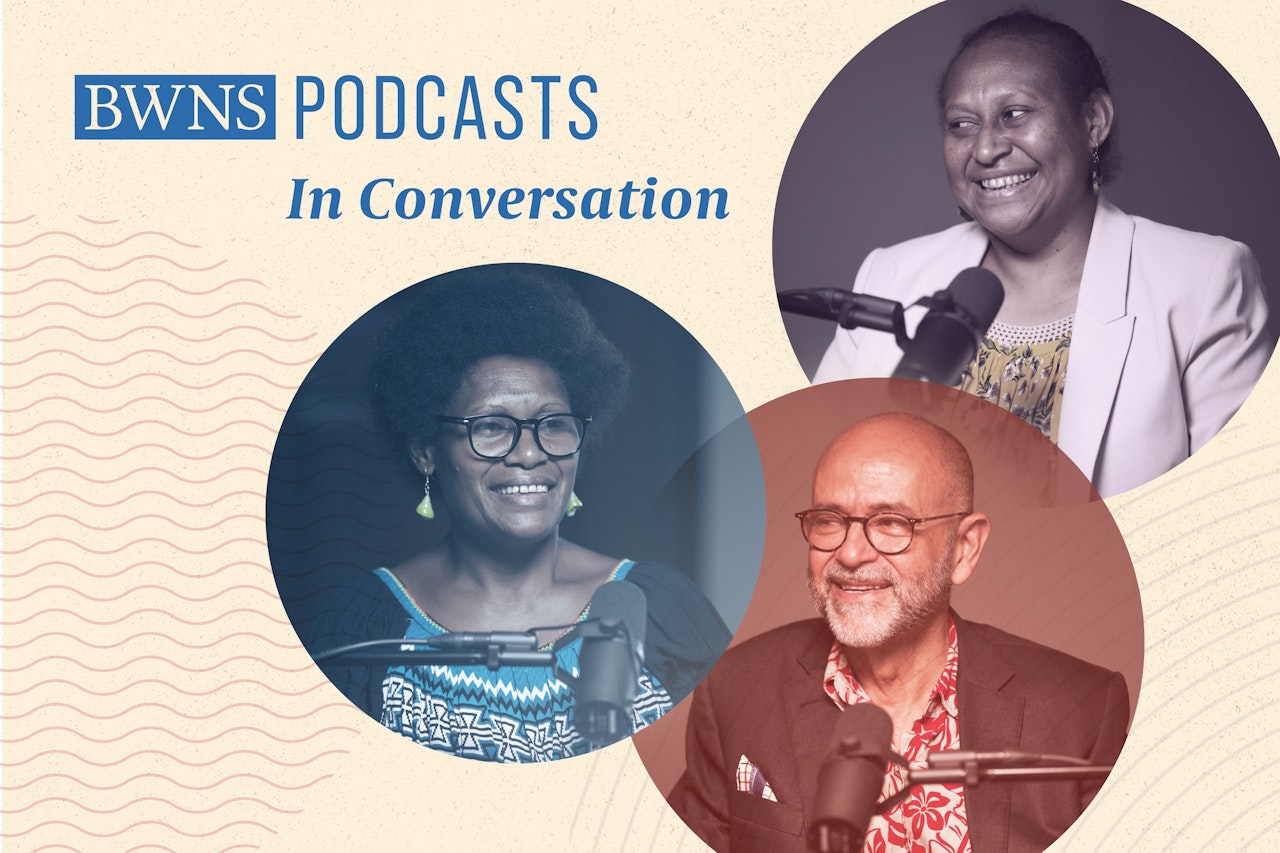
InConversation
Stories from temple dedication in Papua New Guinea
Latest podcast features stories from the recent dedication of the Bahá’í House of Worship, which stands as a symbol for unity and progress.

Latest podcast features stories from the recent dedication of the Bahá’í House of Worship, which stands as a symbol for unity and progress.
PORT MORESBY, Papua New Guinea — In the latest podcast episode of the Bahá’í World News Service, we are transported to the dedication of the Bahá’í House of Worship in Papua New Guinea (PNG), hearing firsthand accounts from three participants of the historic occasion.
Julie Joekari, a member of the Bahá’í National Spiritual Assembly of PNG, a guest of the podcast, shared an inspiring story of youth from a remote community who walked for six days to reach the capital, Port Moresby, for the temple inauguration.
“These youth with all their hearts... wanted to be at the dedication and made it despite hardships. They were there with joy and happiness,” said Mrs. Joekari.
Emily Kasei, serving in the community at the regional level, emphasized the collective efforts and consultations that took place across the country to prepare for the dedication. She described how some communities, unable to send all their members, selected representatives to attend on their behalf.
“They hugged them, kissed their eyes, saying, ‘Whatever you see, we also see,’” said Mrs. Kasei.
Jalal Mills, a member of the Board of Counsellors in Australasia, reflected on how efforts of the Bahá’ís of PNG to foster peaceful communities through the application of spiritual principles—such as justice, the oneness of humanity, and the equality of women and men—over the past decades culminated in the emergence of the temple.
“We talk about how the friends have walked to this dedication and they’re always walking. All these efforts are born out of love,” said Mr. Mills. “The journey continues as we think about how the House of Worship continues to become a part of community life.”
As the podcast concludes, Mrs. Kasei states, “It’s a unique spiritual symbol of unity and it unites all people and religions. This becomes our way, our culture.”